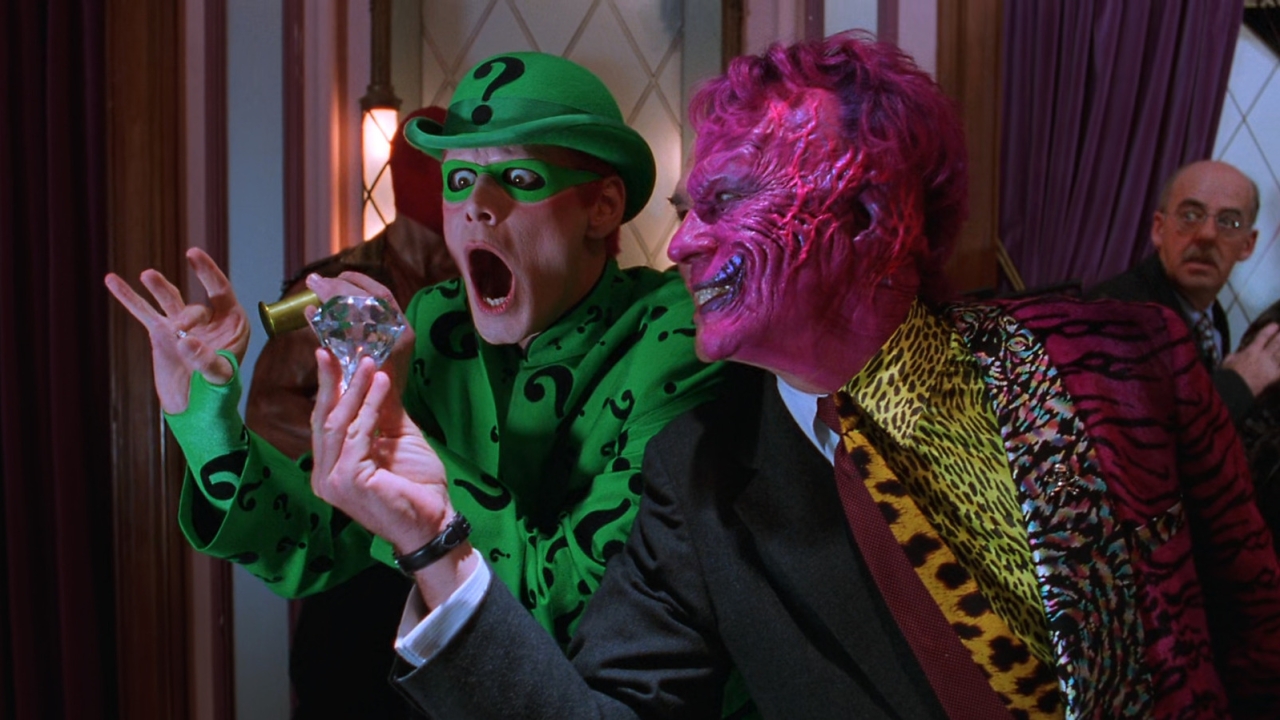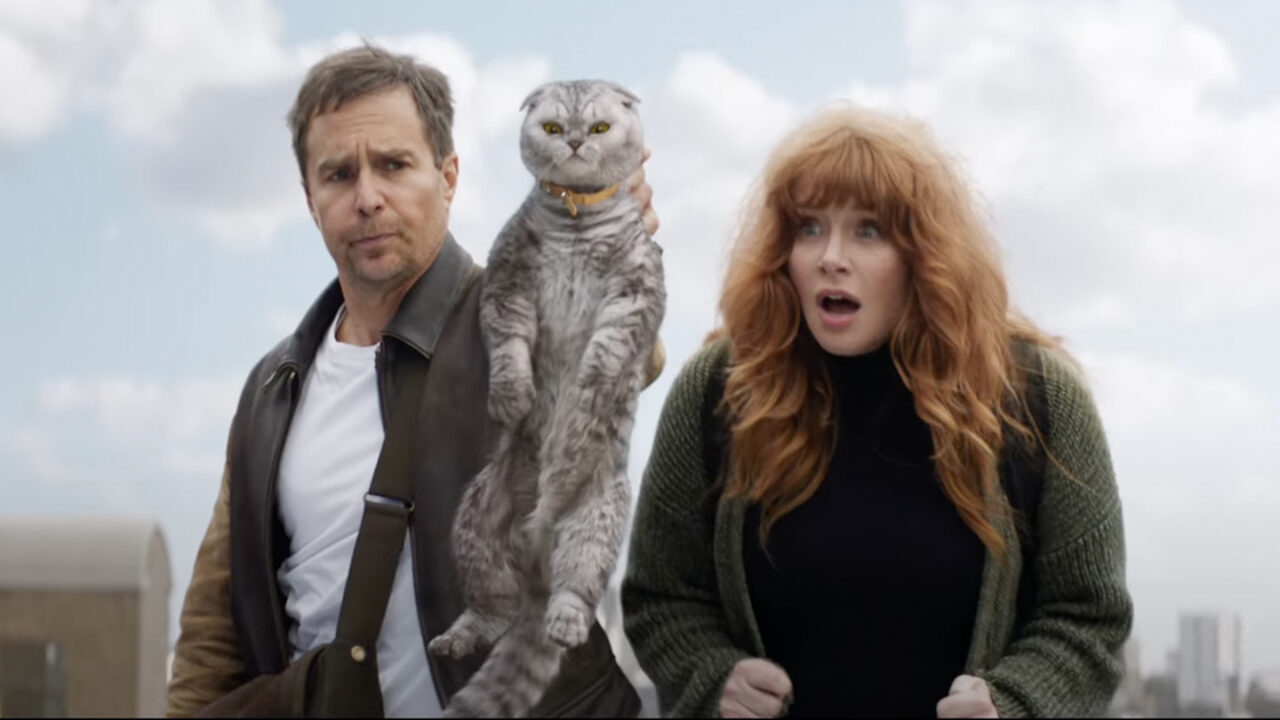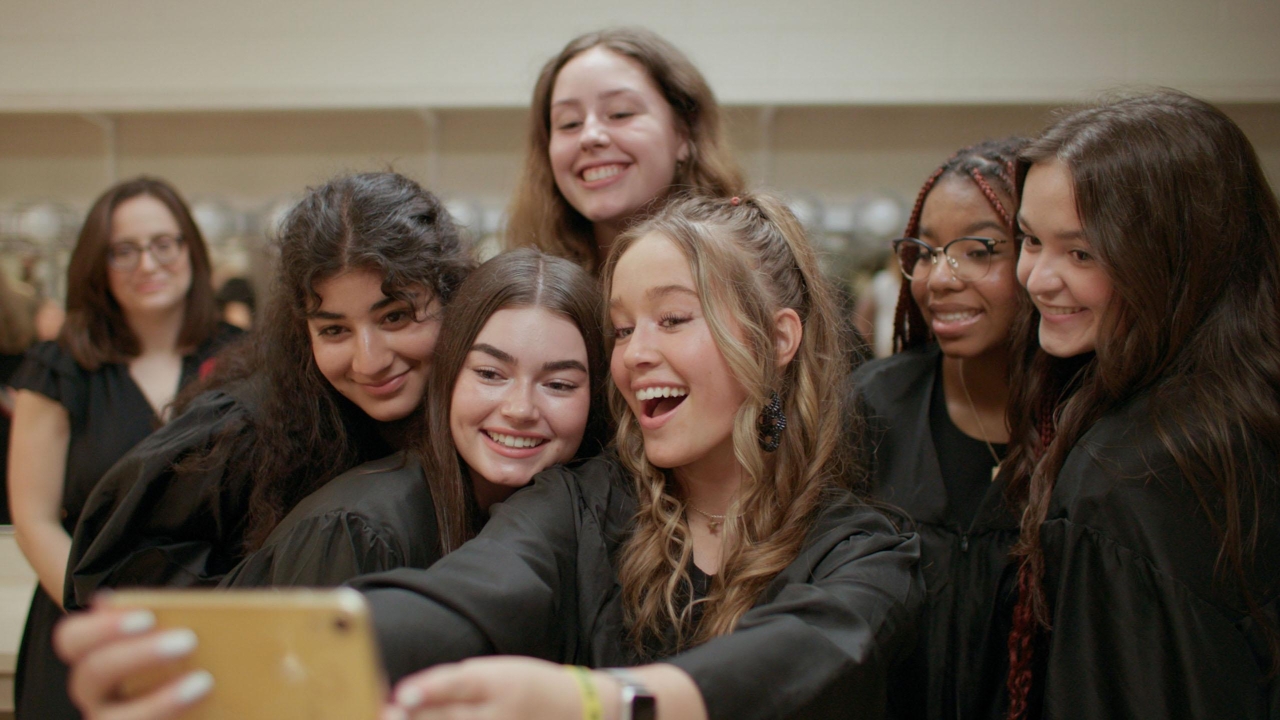The Controversial Transformation of Princess Merida from Brave: A Symbol of Empowerment and Individuality
News - 9 December 2023
 There has been a recent discussion on FilmTotaal regarding some controversial clothing choices in films, including the outfit worn by Rebel Wilson in Pitch Perfect 3. However, the focus has now shifted to Princess Merida from the beloved Pixar animated film Brave. Released in 2012, Brave tells the story of Merida, a princess who defies traditional gender roles in pursuit of her own dreams.
There has been a recent discussion on FilmTotaal regarding some controversial clothing choices in films, including the outfit worn by Rebel Wilson in Pitch Perfect 3. However, the focus has now shifted to Princess Merida from the beloved Pixar animated film Brave. Released in 2012, Brave tells the story of Merida, a princess who defies traditional gender roles in pursuit of her own dreams.nnMerida's parents, who are king and queen, have certain expectations for her future. However, Merida's true passion lies in archery, a skill traditionally reserved for men. This causes tension between Merida and her mother, who does not approve of her daughter's rebellious nature.
A disagreement between the two leads Merida to make a reckless decision, endangering her family and kingdom.nnIn an effort to rectify her mistake, Merida must navigate through unpredictable forces of nature, magic, and an ancient curse. Despite her stubbornness and unconventional behavior, Merida quickly became a fan favorite due to her unique personality and independence.
Unlike traditional Disney princesses, Merida is not seeking a prince charming or the perfect fairy tale ending. Instead, she is on a journey of self-discovery and empowerment.nnMerida's nonconformity to traditional gender roles and expectations endeared her to audiences who appreciated her authenticity and individuality.
However, this image of Merida was altered when Disney officially declared her as the eleventh princess in their lineup. The new version of Merida presented by Disney raised eyebrows and sparked controversy among fans.nnThe original 3D version of Merida from the film was replaced with a 2D version that appeared significantly different.
The new Merida was slimmer, had larger eyes, and overall resembled a more traditional Disney princess rather than the independent, strong-willed character depicted in Brave. Many fans were disappointed by this change, feeling that it contradicted the message of empowerment and self-acceptance that Merida represented.nnBrenda Chapman, one of the directors of Brave, expressed her dissatisfaction with the new portrayal of Merida.
Chapman criticized Disney's decision to alter Merida's appearance, stating that it undermined the character's original message of individuality and self-confidence. She argued that the new version of Merida was overly sexualized and did not accurately represent the character that fans had come to love.nnChapman emphasized the importance of having diverse and relatable role models for young girls, such as Merida in her original form.
By transforming Merida into a more conventional princess archetype, Disney risked sending a harmful message to young audiences about beauty standards and female empowerment. Ultimately, Chapman lamented that Merida had been reduced to a mere stereotype of a pretty face waiting for love, betraying the character's courageous and independent spirit.nnThe controversy surrounding the altered depiction of Princess Merida underscores the broader conversation about representation and diversity in media.
Characters like Merida are rare in mainstream entertainment, as they defy traditional gender norms and challenge societal expectations. By reducing Merida to a more conventional and "prettier" version, Disney missed an opportunity to promote inclusivity and authenticity in their portrayal of female characters.nnIt is clear that the legacy of Princess Merida in Brave lies in her defiance of stereotypes and her embrace of individuality.
Fans continue to celebrate her as a symbol of empowerment and authenticity, despite Disney's attempts to conform her to more conventional standards of beauty. Merida's unwavering spirit and determination serve as an inspiration to audiences of all ages, reminding us of the importance of staying true to ourselves and our unique identities.











